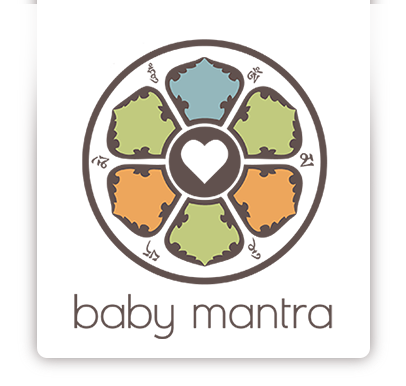Baby's Cough: What to Listen For
Since coughing is normal, it can sometimes be a difficult task differentiating what is a normal cough, and something serious. This is a basic guide that will help you to know the difference. Remember, you know better than anybody if your little one is in need of medical help.
Baby’s Cough
A baby's cough means different things at different ages. Since they can't tell you what's wrong, it's up to us, as parents, to be able to decipher what is going on and the severity of it. We have to decide when or if to call the doctor, decide what measures we should take at home to help alleviate the symptoms, or if it is just a little case of sniffles and give warm hugs. Coughs are a part of childhood, usually not serious but they sound awful! It is a healthy and important reflex that helps protect the throat and chest airways.
Even though coughs are a normal part of childhood, that doesn't mean they couldn't be serious or become more serious. It's important to be aware of some of the differences in the sound of a specific cough that may be present to rule out or embrace the reality of the situation. It is important to keep in mind that children under four months of age don't cough much, so coughing at that age would warrant a phone call or a trip to the doctor right away.
Some of the different sounds of coughing are:
Croup – sounds like a barking cough. Usually following a bout of sniffles during the day or caused by a virus, causing the larynx and trachea to swell. This in turn causes the child to have a barking cough when they inhale, not on the exhale.
Home Remedy:Try to calm the child. Run a hot shower and sit in the steam for about twenty minutes; take the child outside in the damp night air (dressed appropriately) for ten minutes or so; use a cool mist humidifier.
Cold or flu-dry hack – usually accompanied by a runny nose and sore throat with a slight fever.
Home Remedy: Plenty of fluids, lots of rest, saline solution, and a cool mist humidifier should do the trick.
Whooping cough – spells of back to back coughing followed by a whoop at the end. Whooping cough is preventable with proper vaccinations.
Actions: If you suspect whooping cough, call your doctor or go to the hospital right away.
Asthma or bronchiolitis– a wheezing or whistling sound on the exhale, usually following a basic cold.
Actions: If your child is under the age of one, call your doctor.
Pneumonia – sounds wet and phlegmy, the cough will be bringing up mucus. It is either a viral or bacterial infection.
Actions: Call your doctor if a fever is present, as bacterial pneumonia is the more dangerous form.
Foreign object – a persistent cough or gasping, usually the child can cough it out by themselves. If this persists for several days, with no cold or fever symptoms, something may be caught in the windpipe.
Actions: Call 911 right away if the child appears to be in obvious distress, tilt baby upside down and deliver five blows to the back to try to dislodge the object.
Remember that sometimes a cough is just a cough, brought on by a slight cold, irritants in the air. If your child is not running a fever and does not appear to be in any distress, then stick to rest and fluids, a cool-mist humidifier and lots of love and patience.
Note: Over the counter cold medicines are not recommended for infants or young children. Always ask your doctor before giving a young child any medications.
